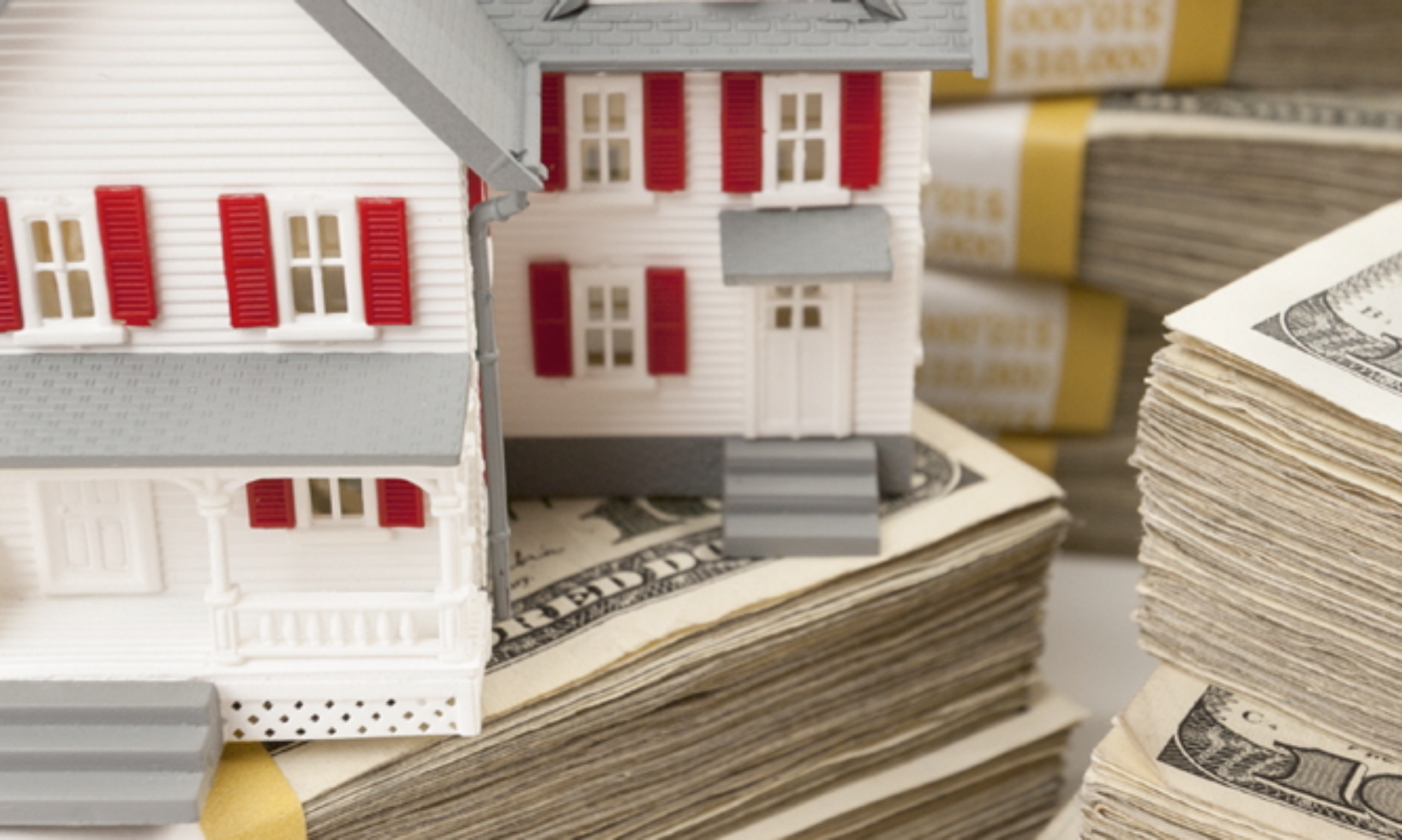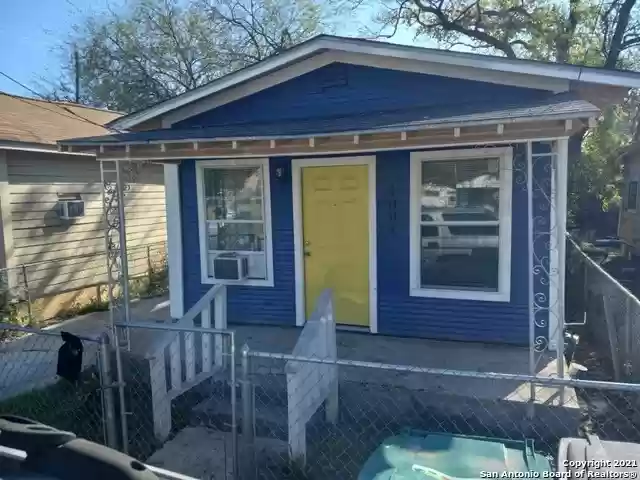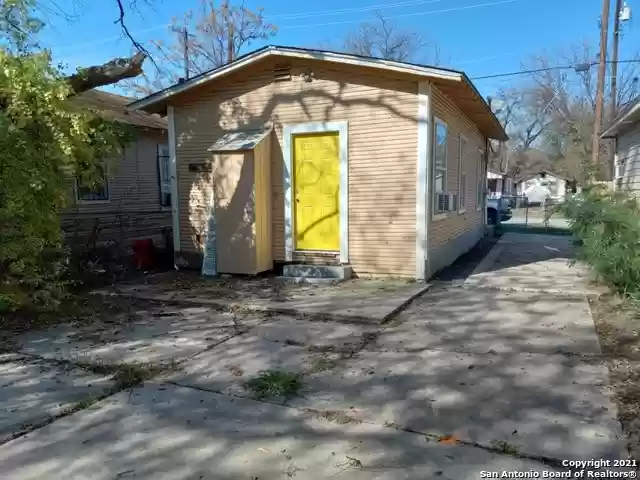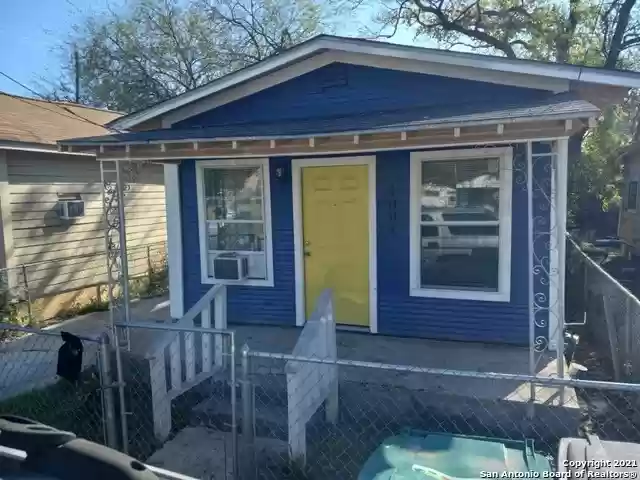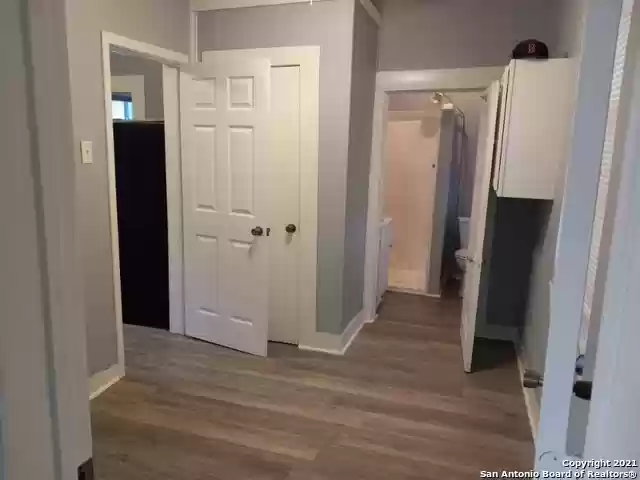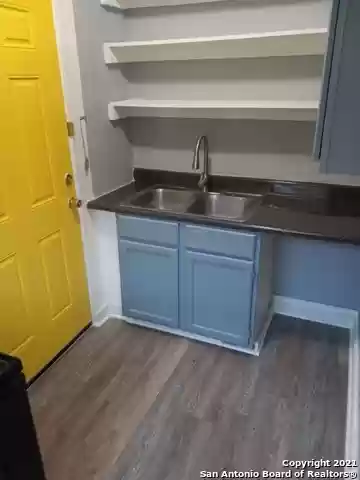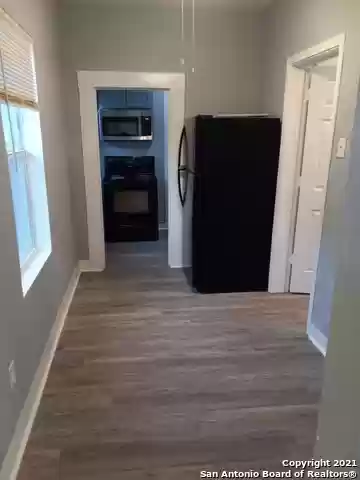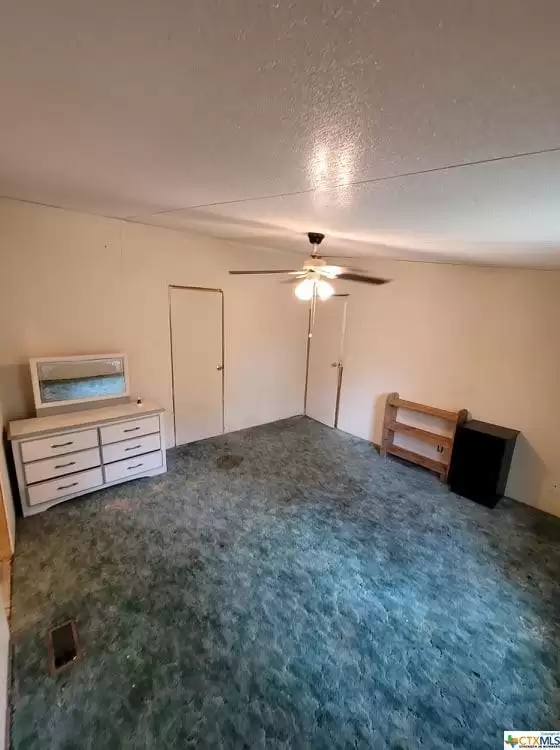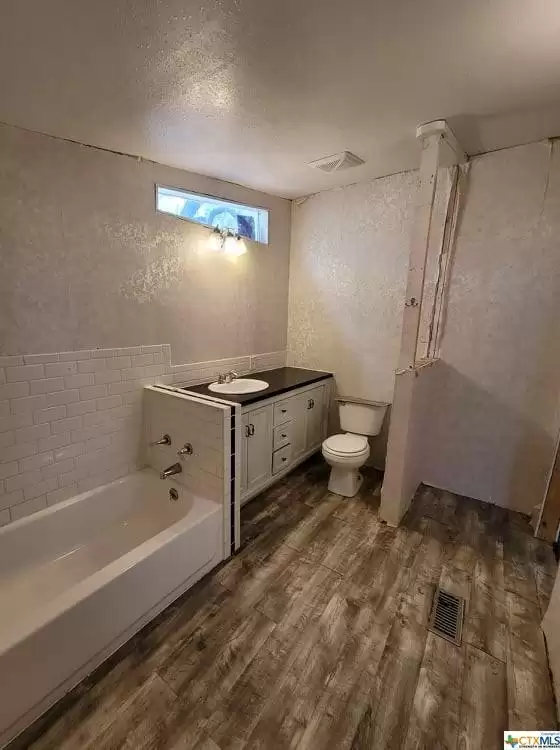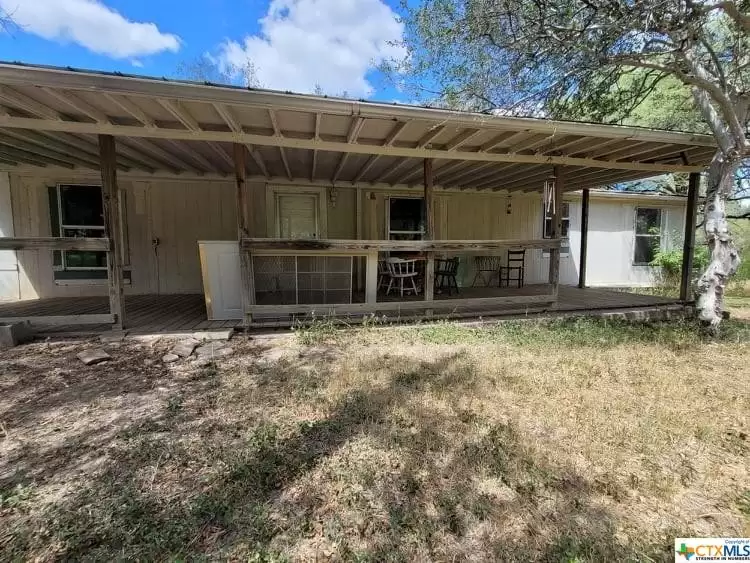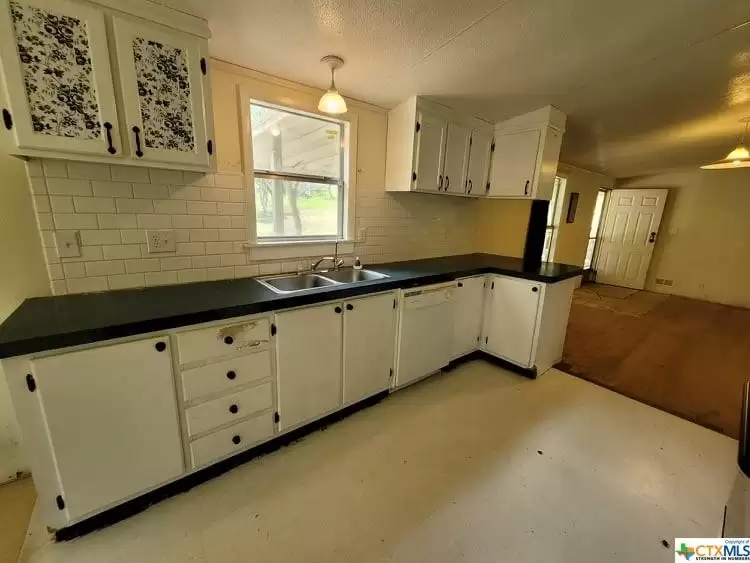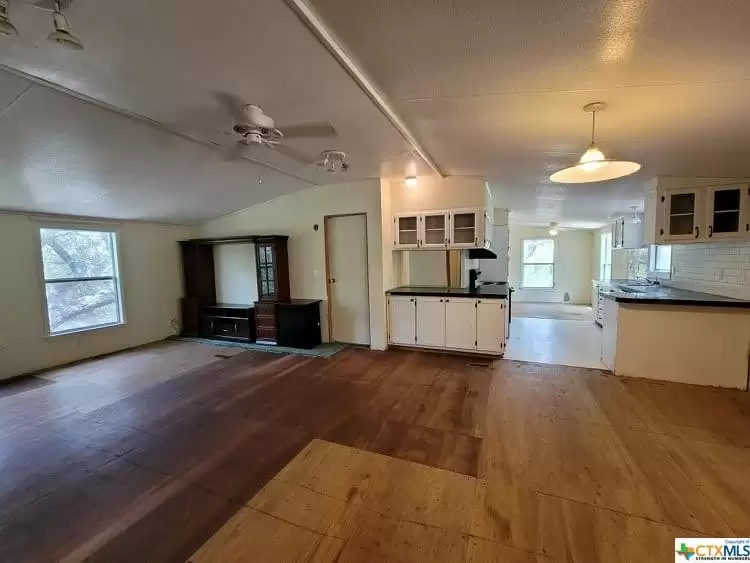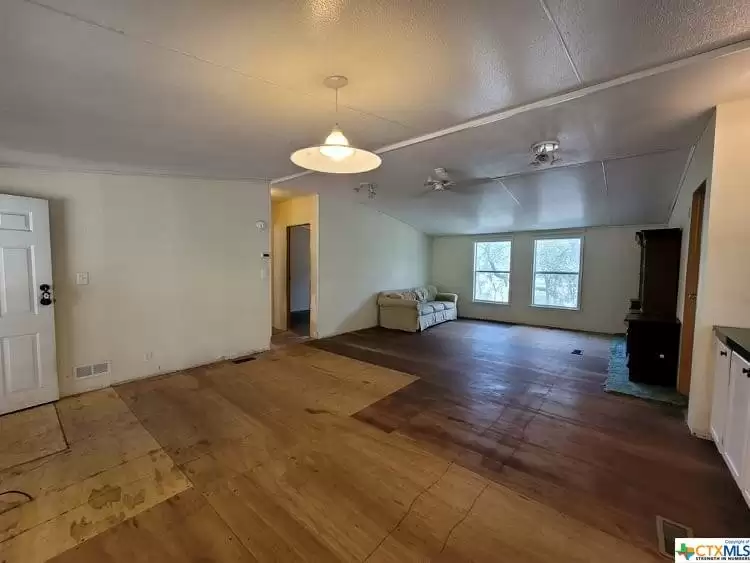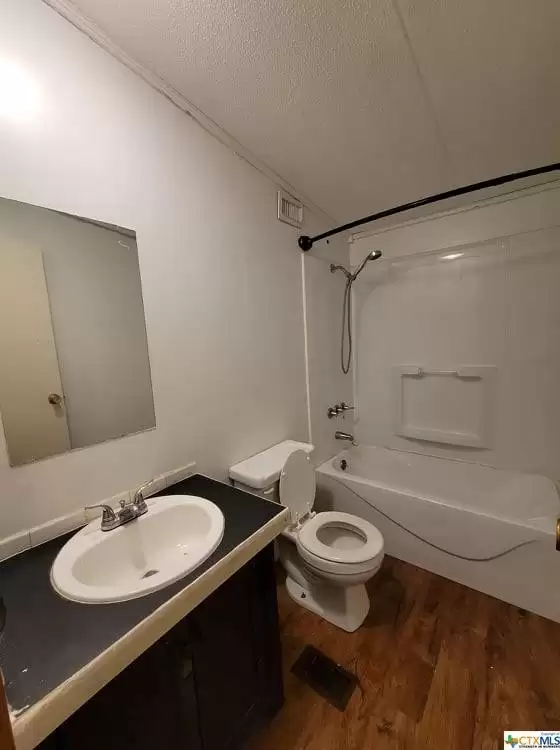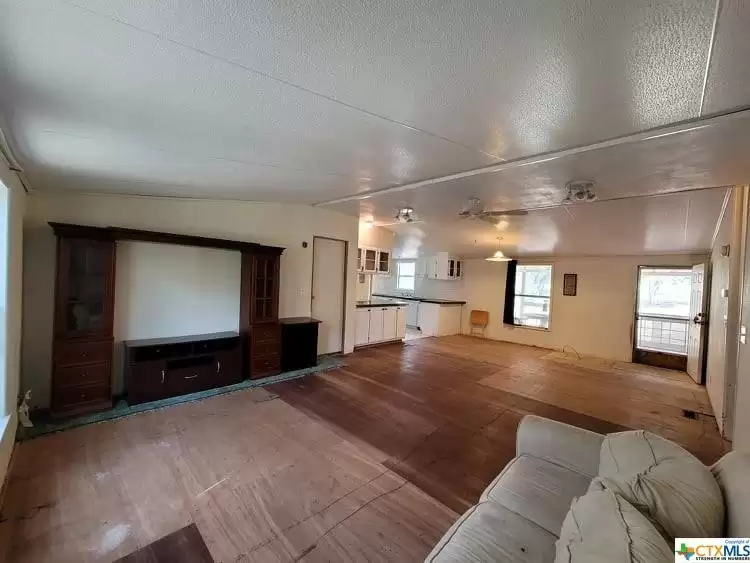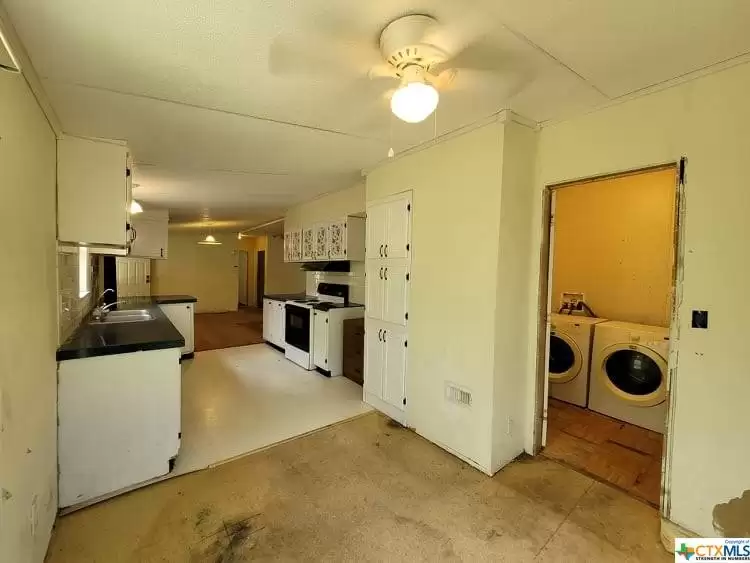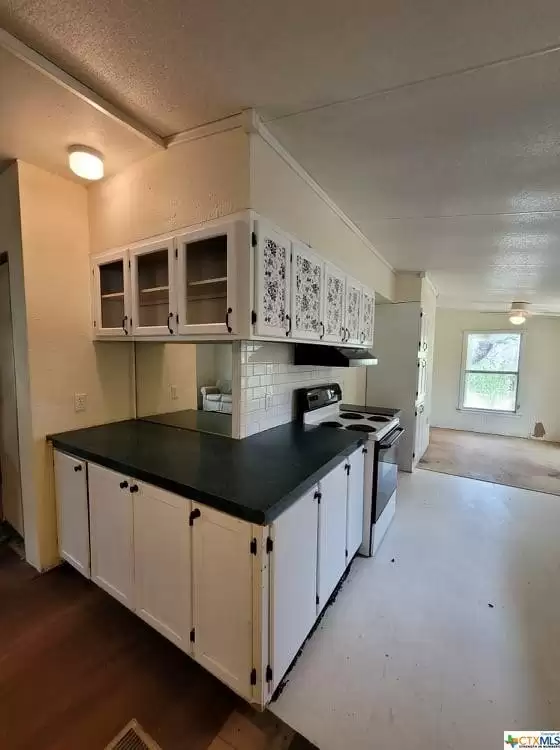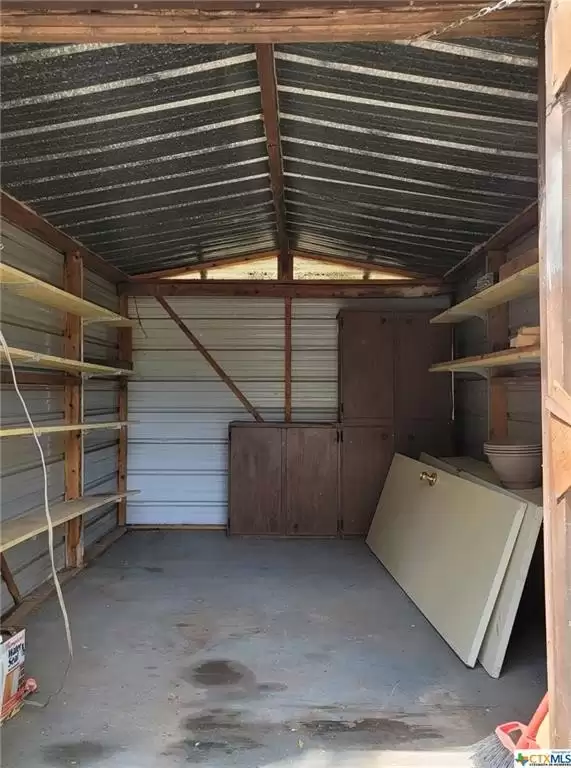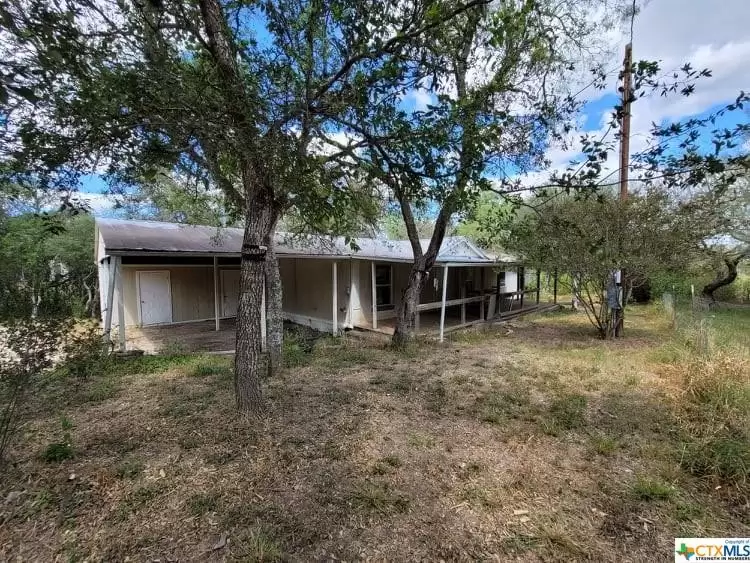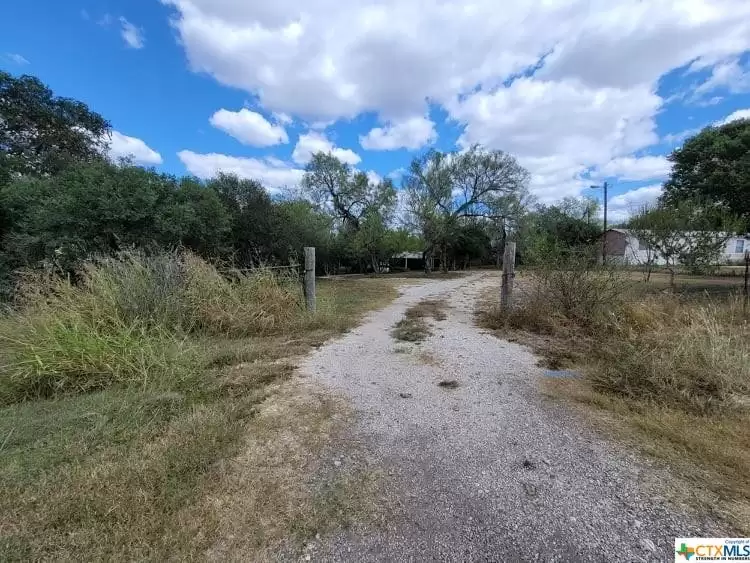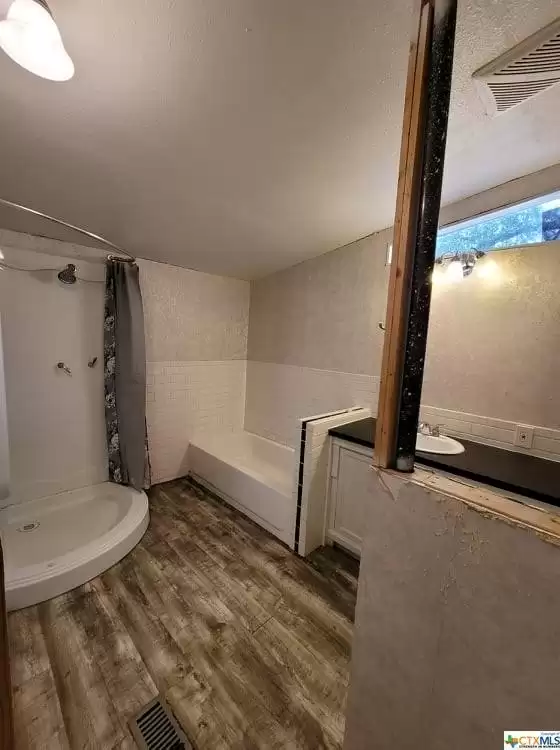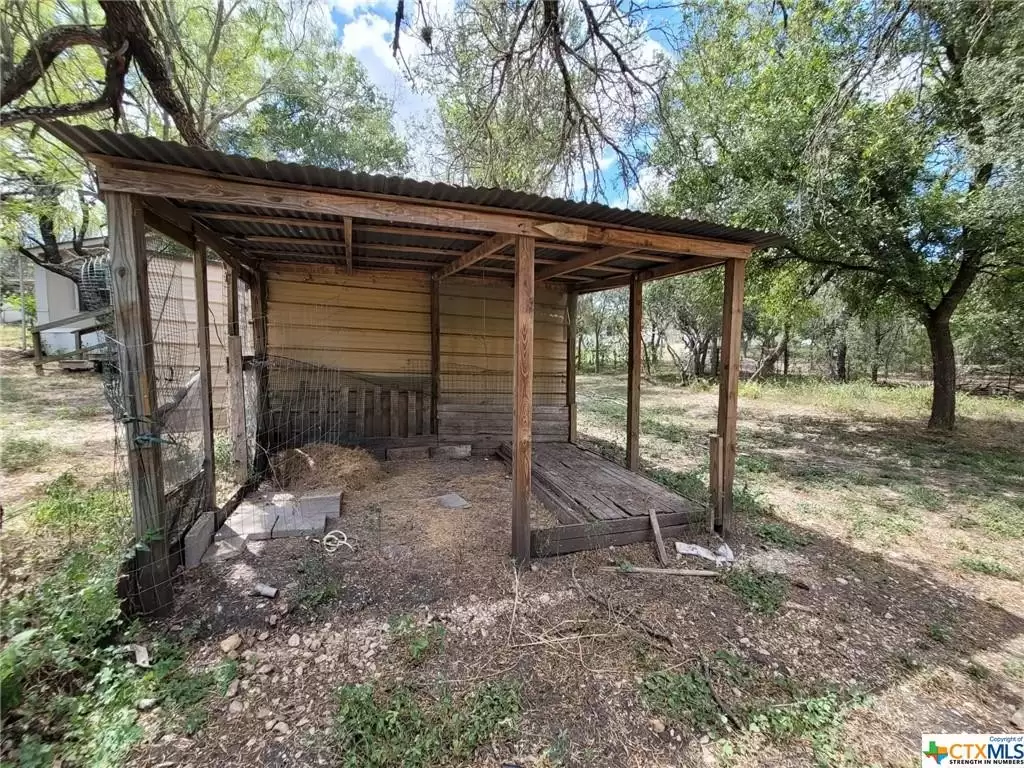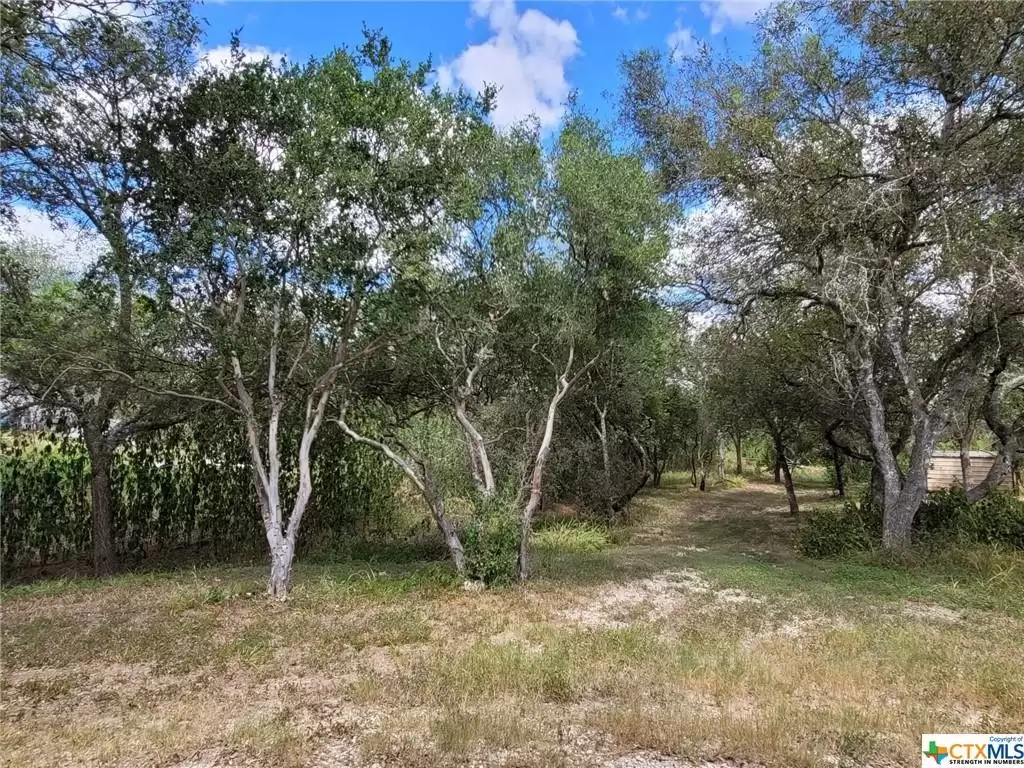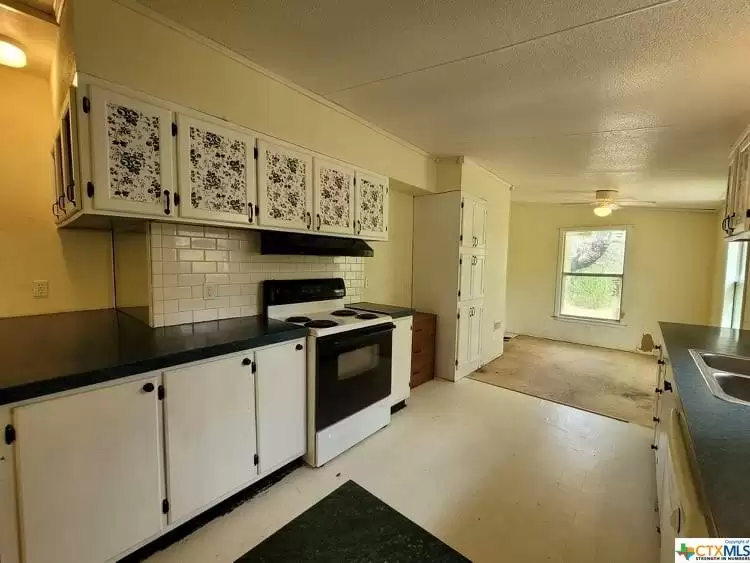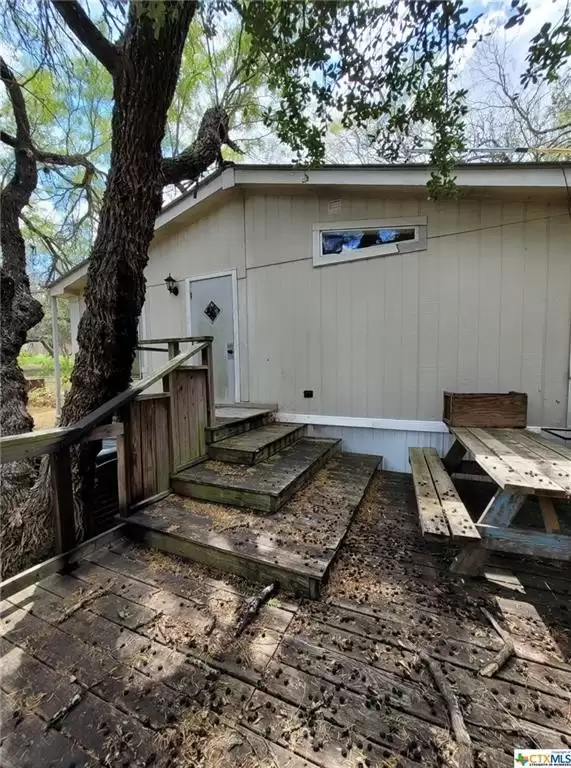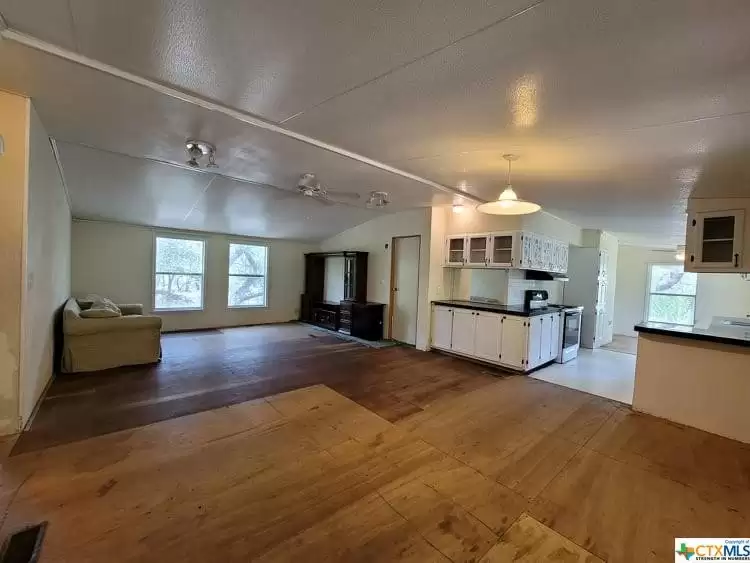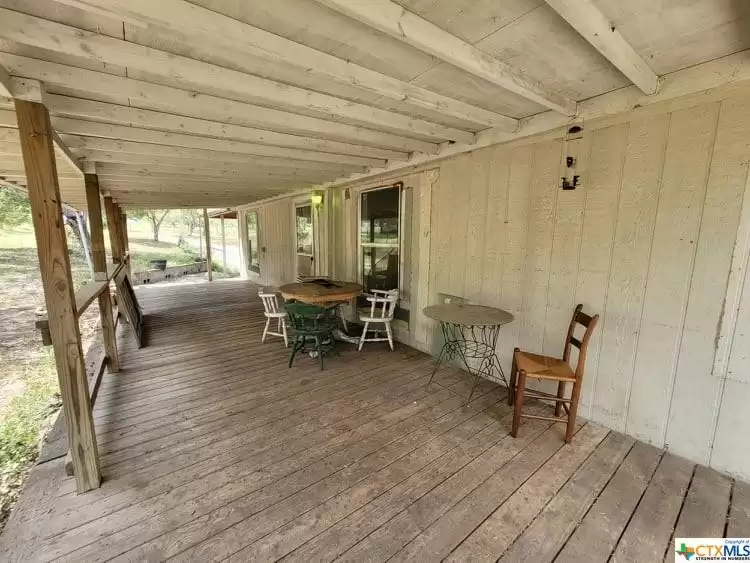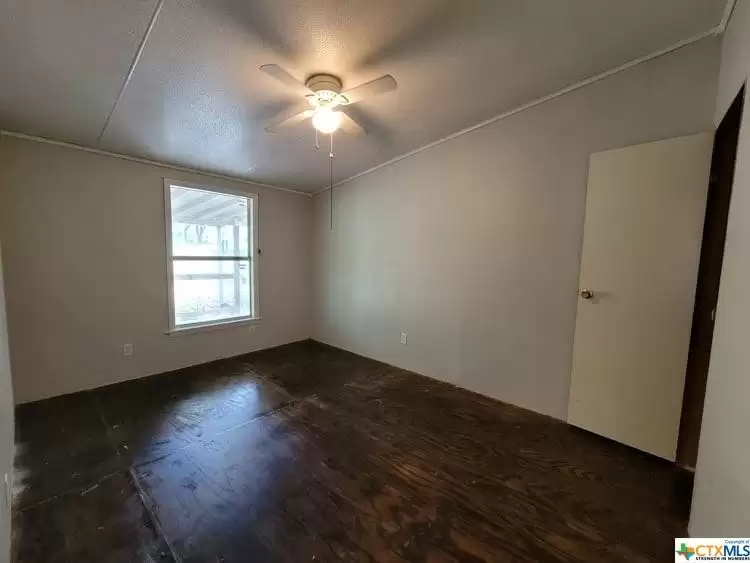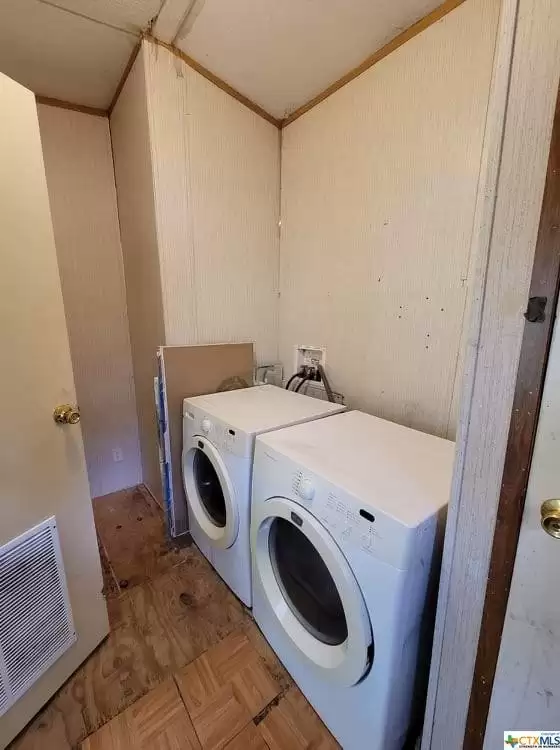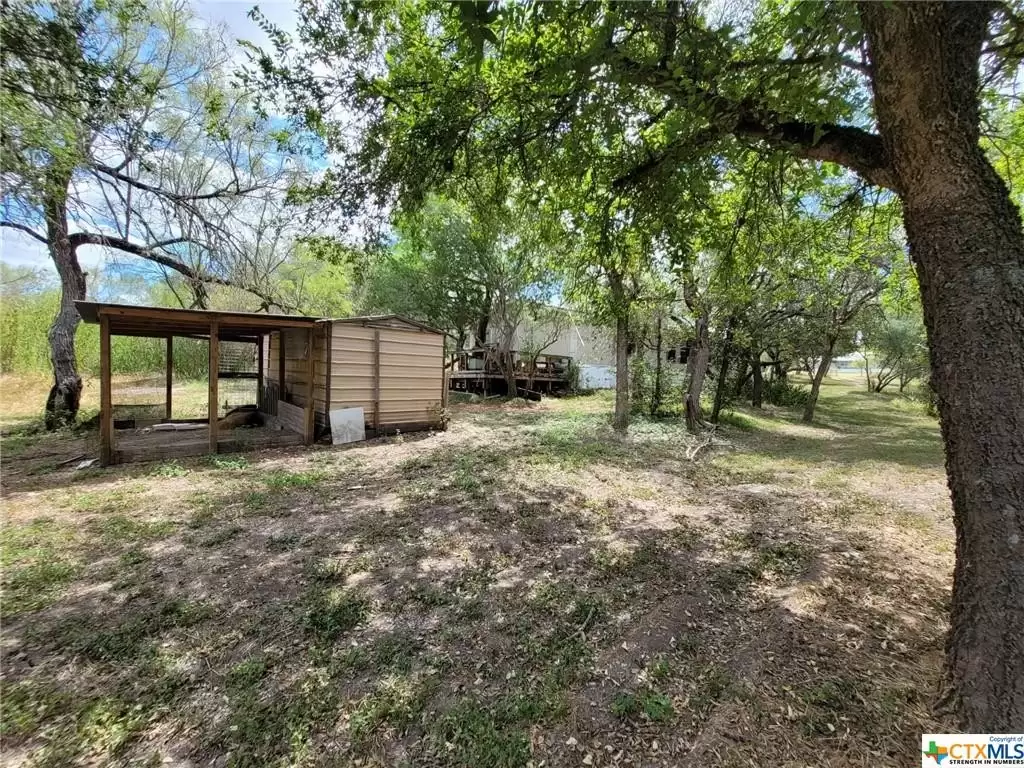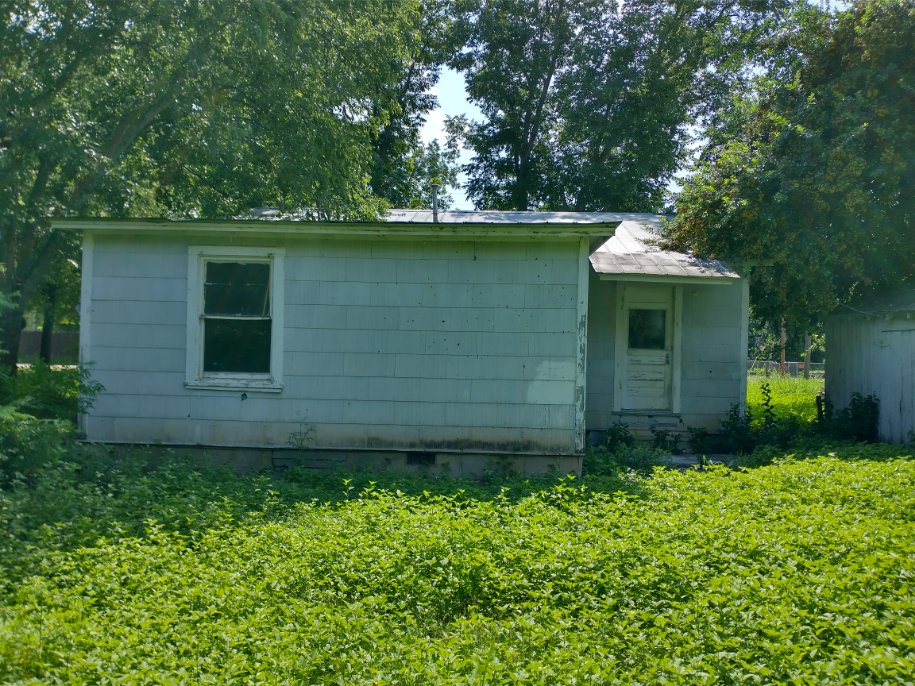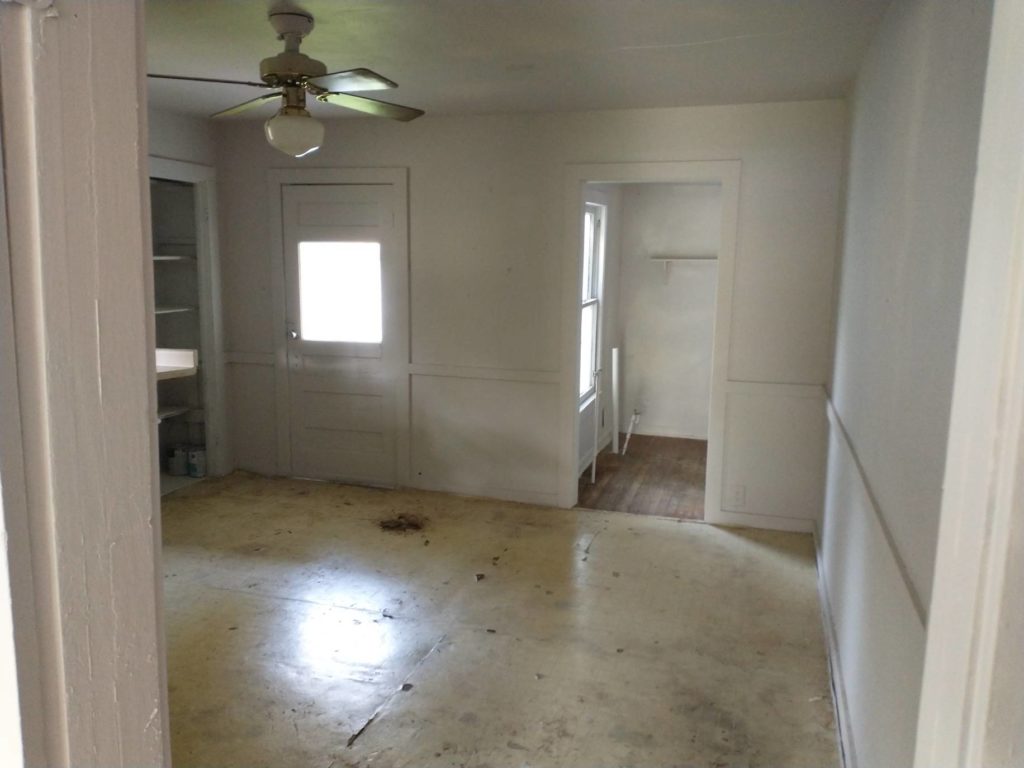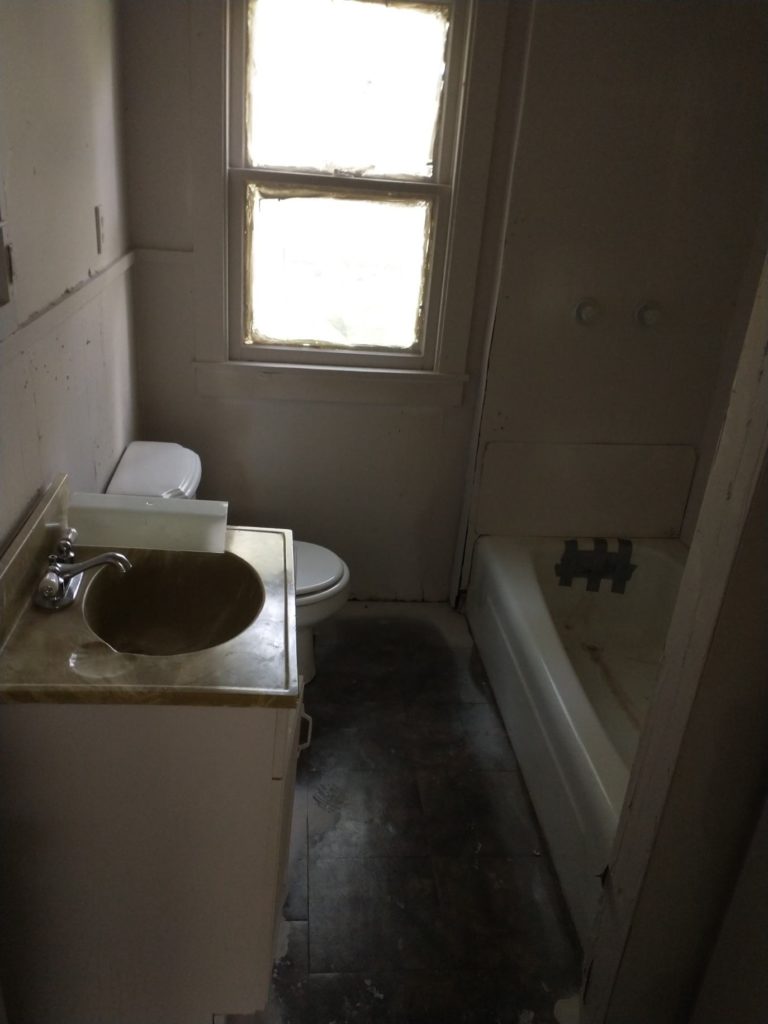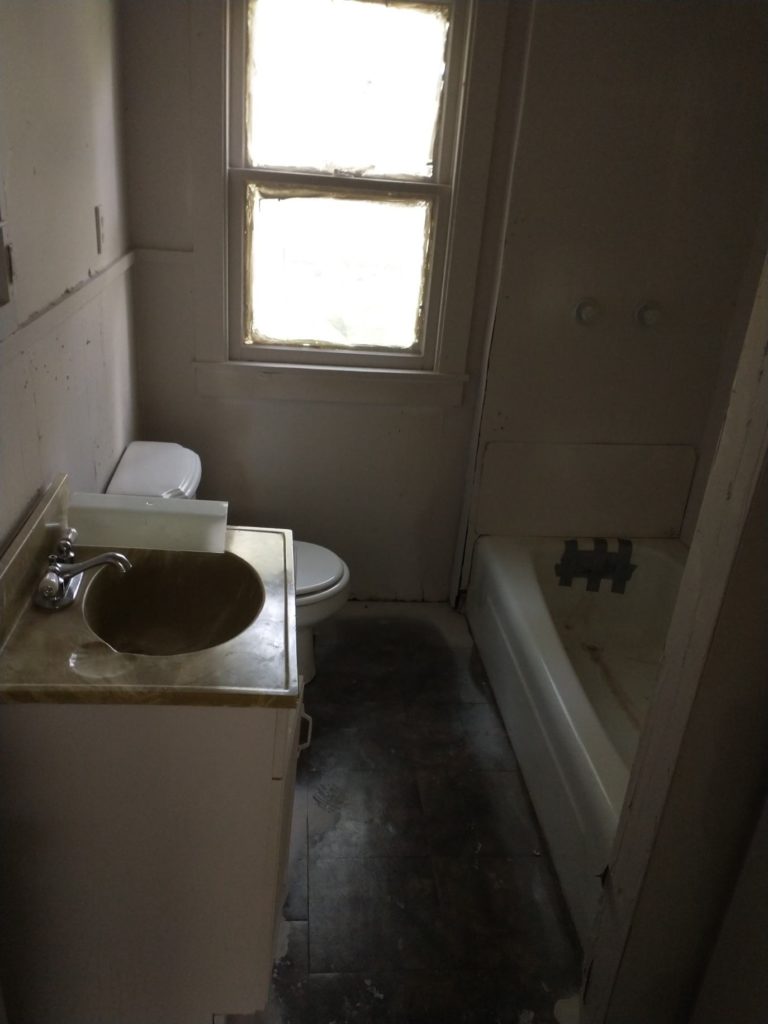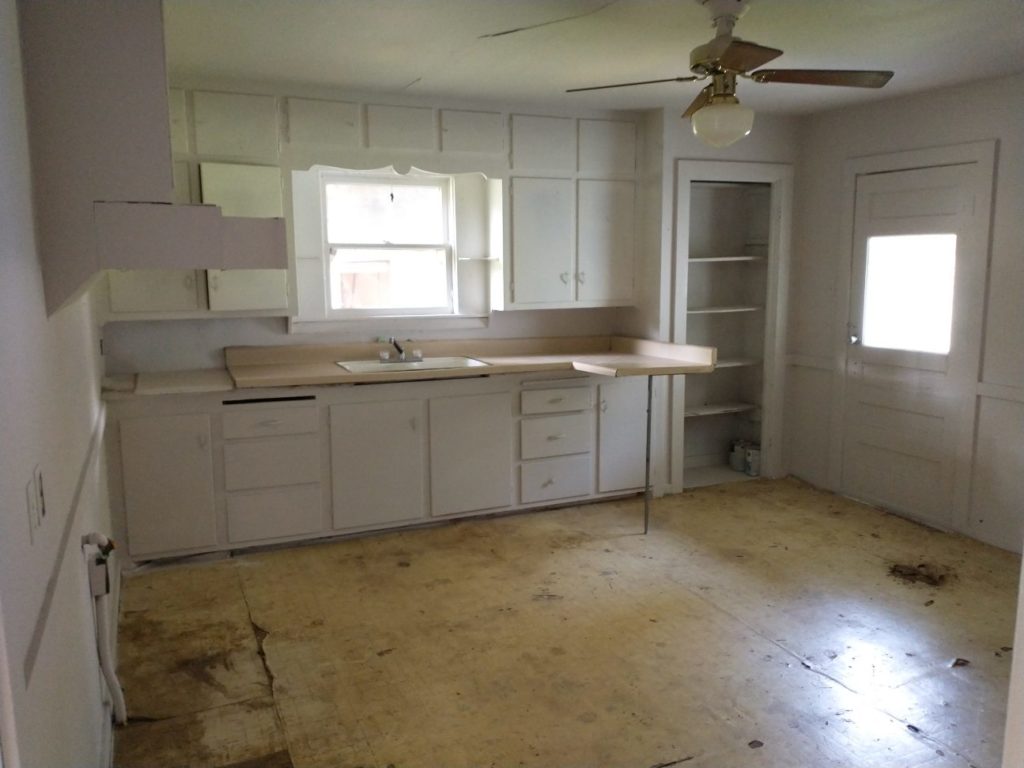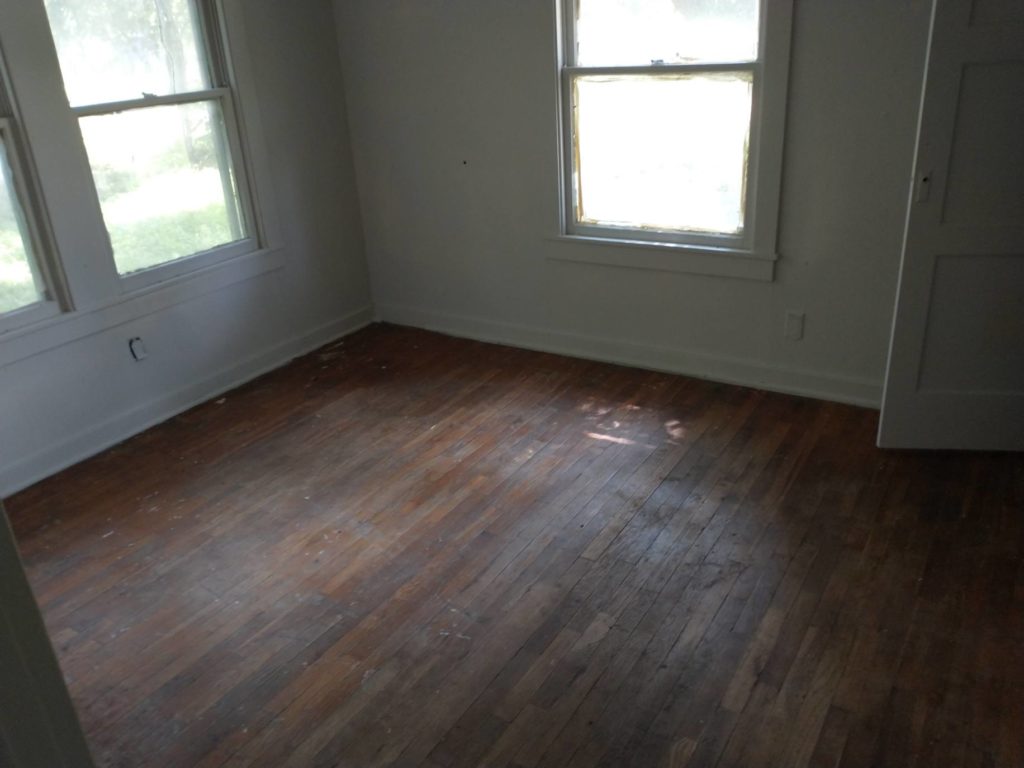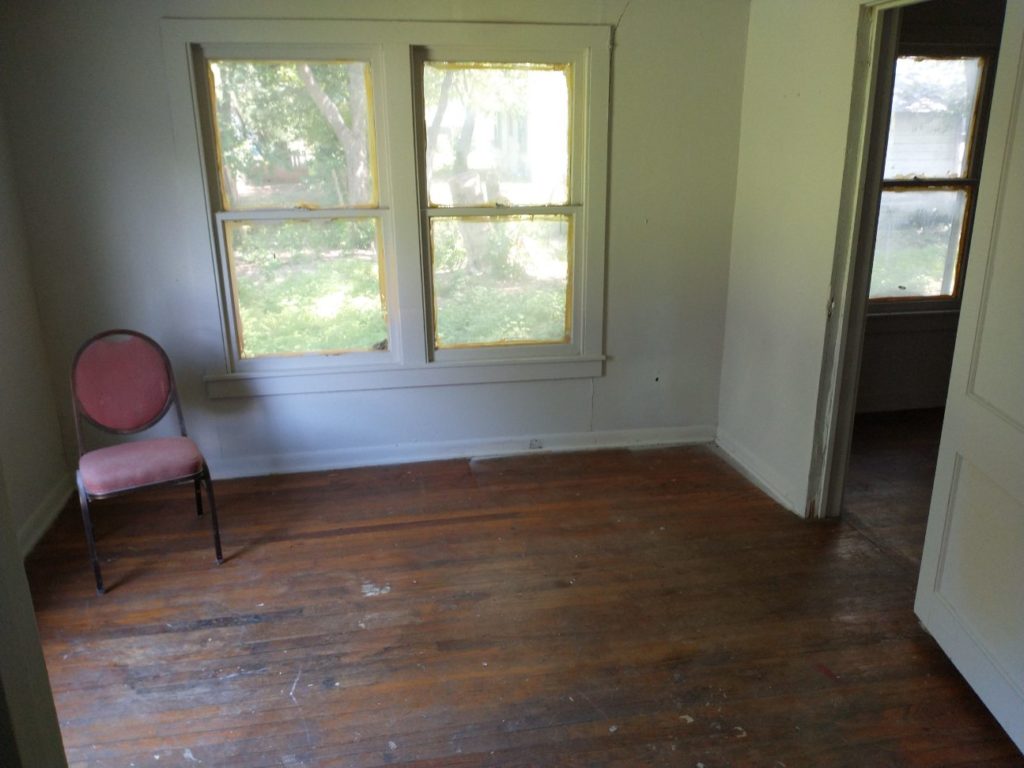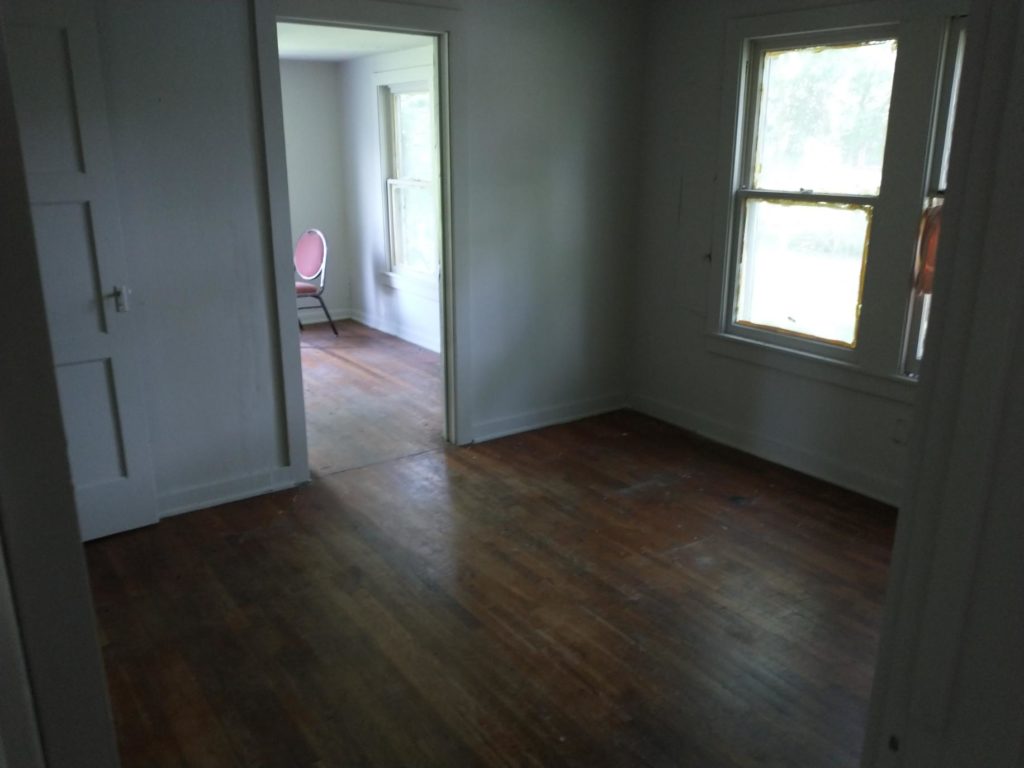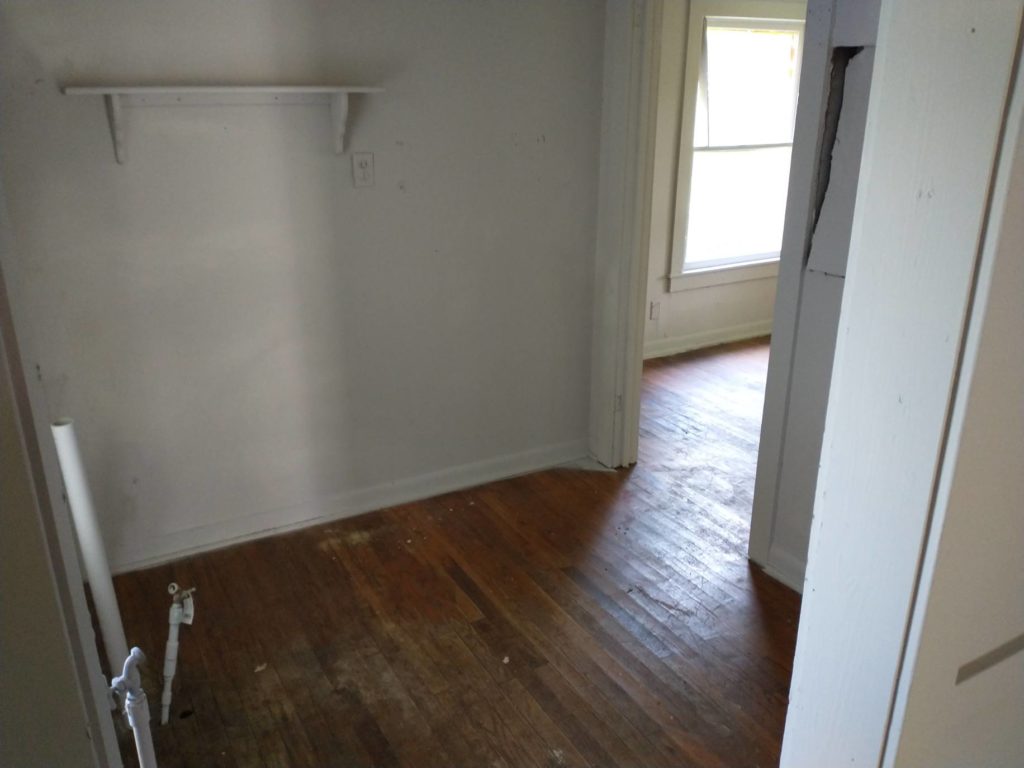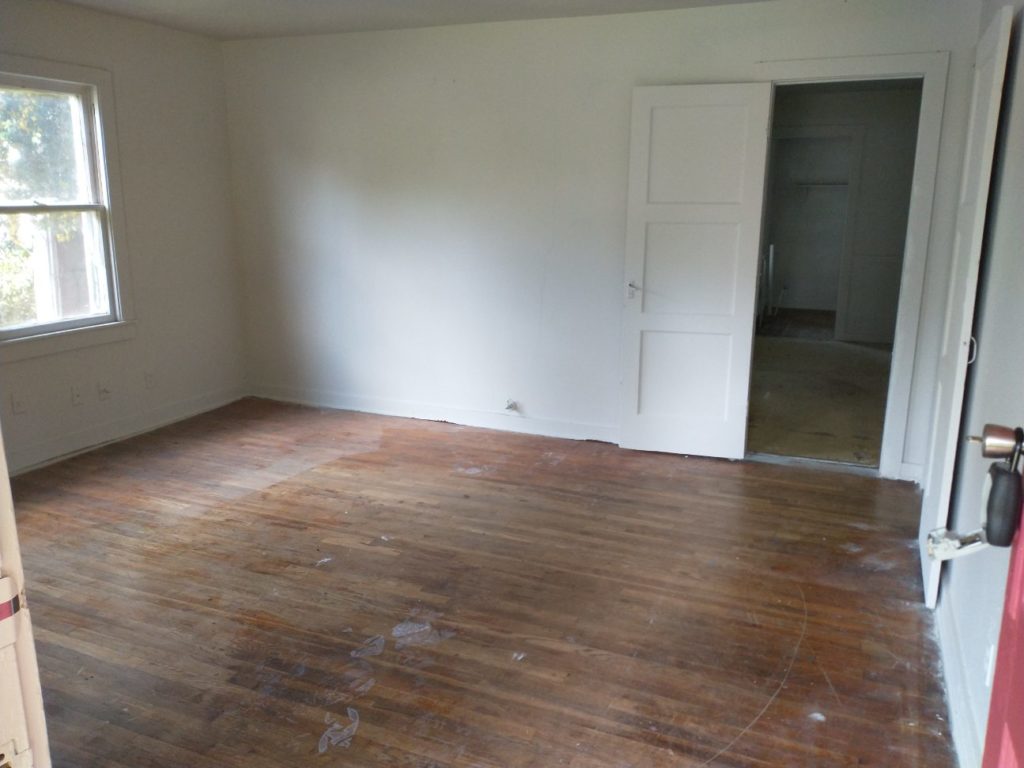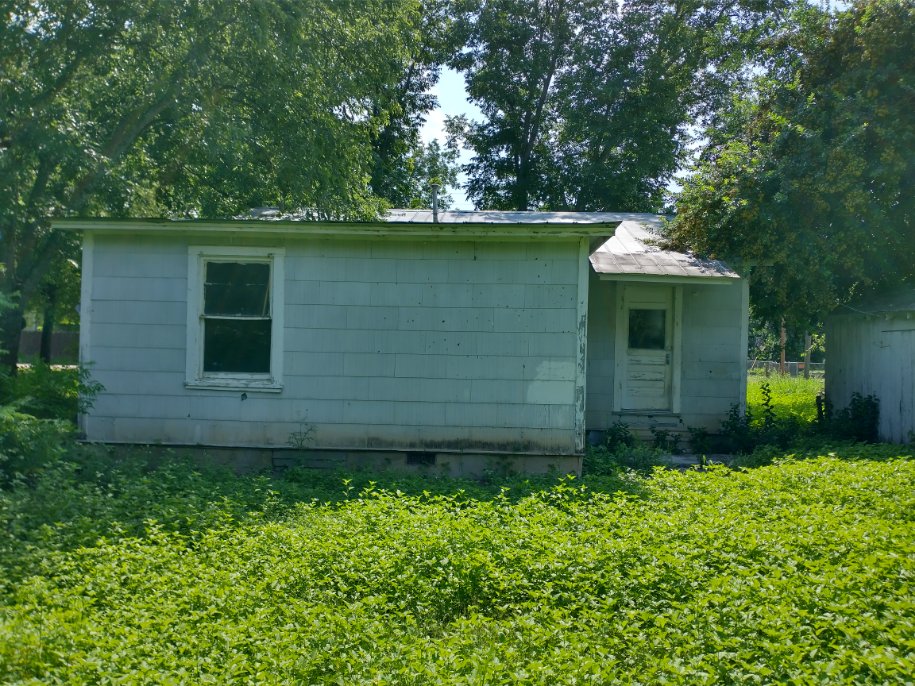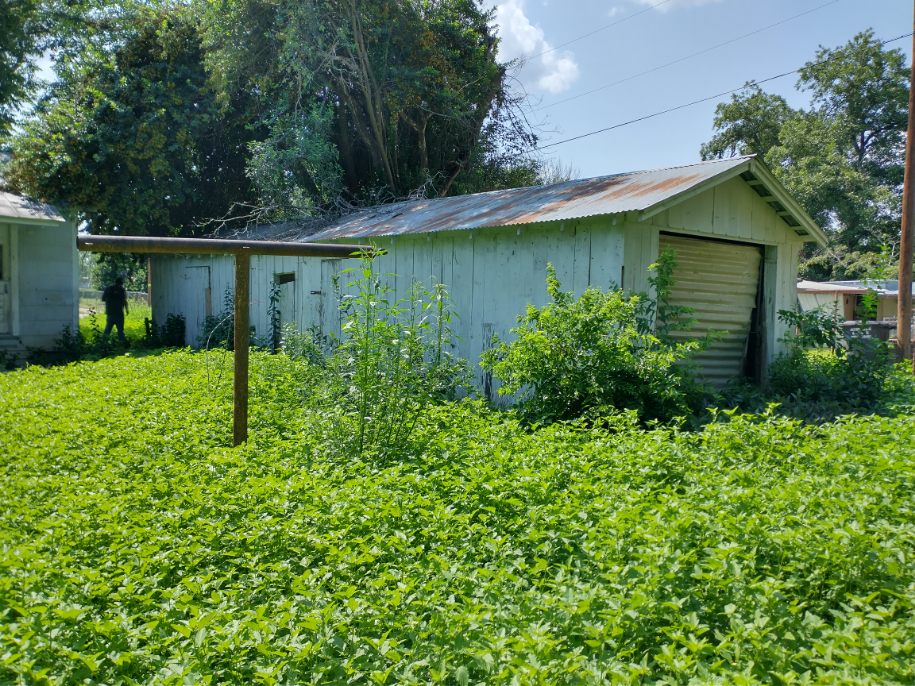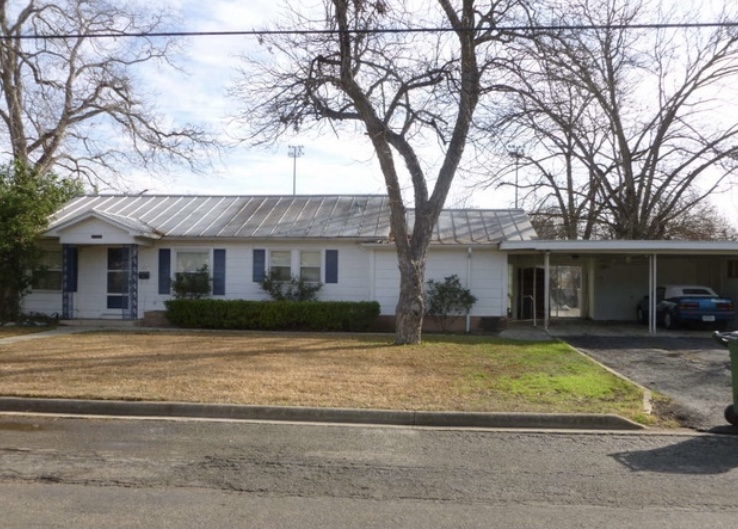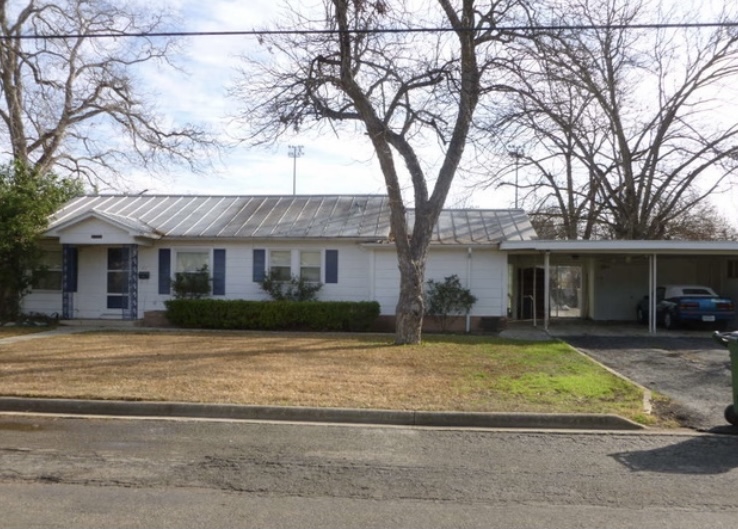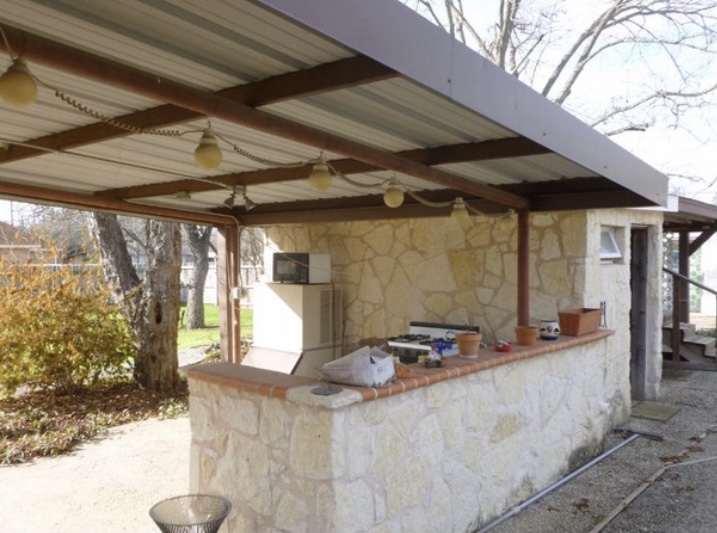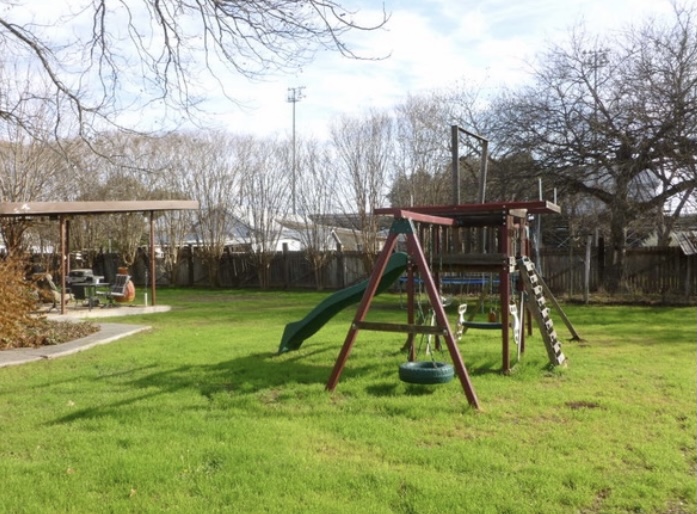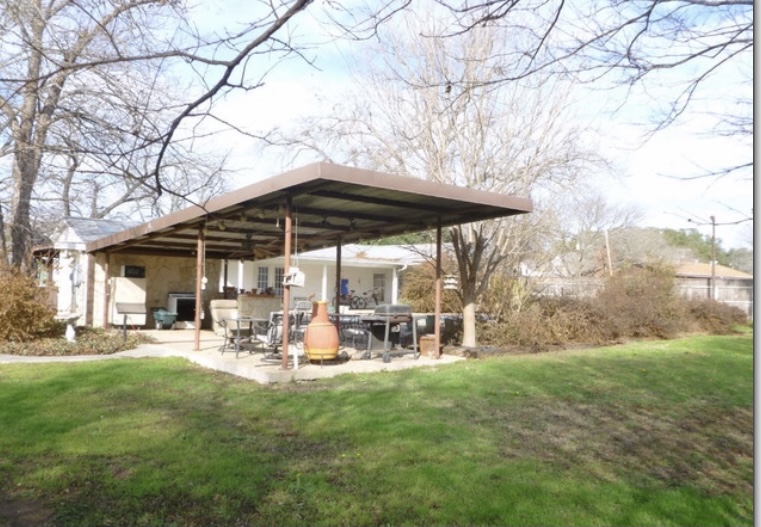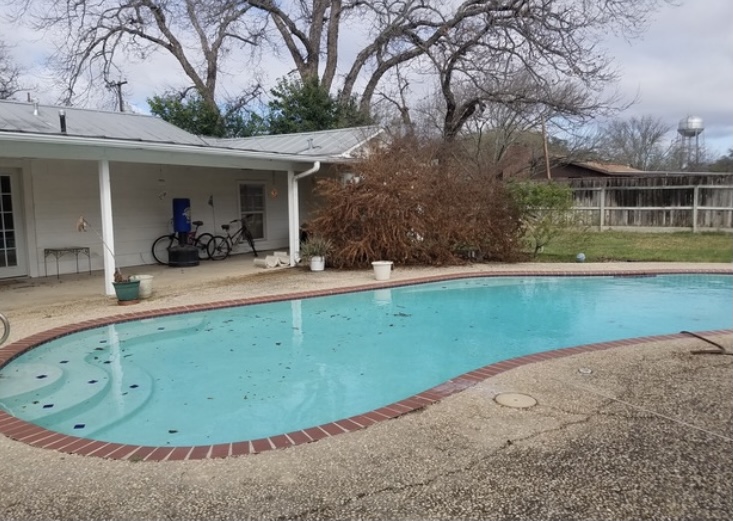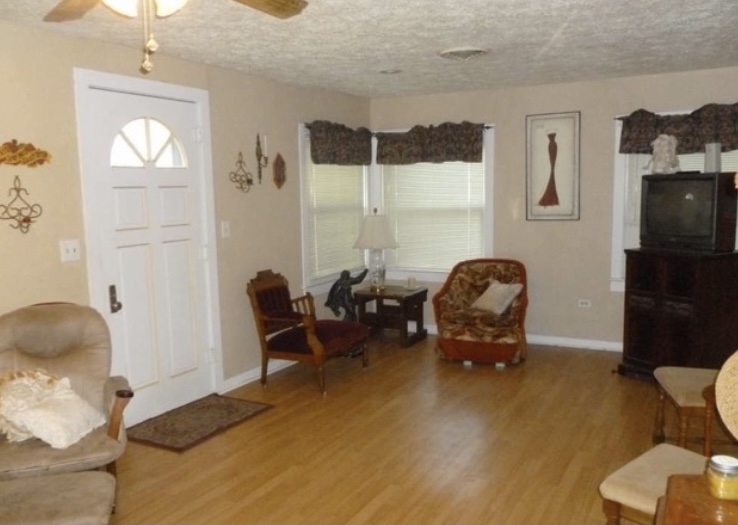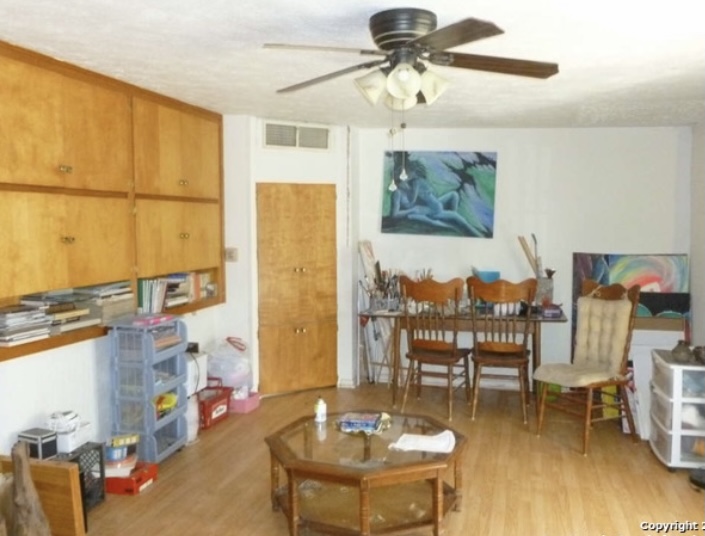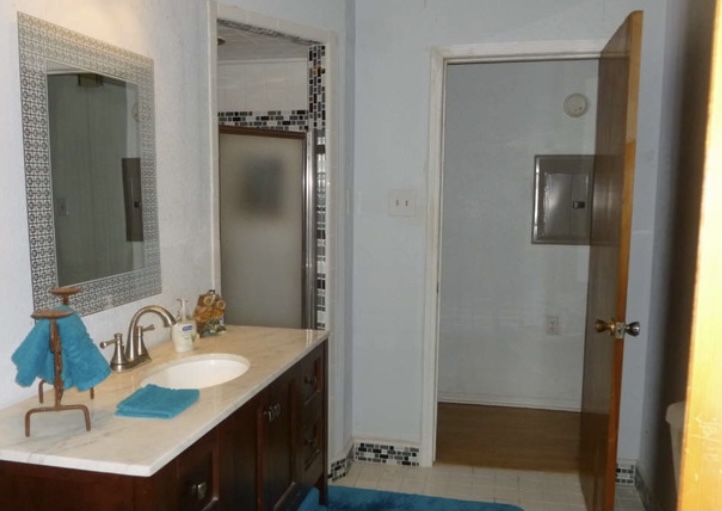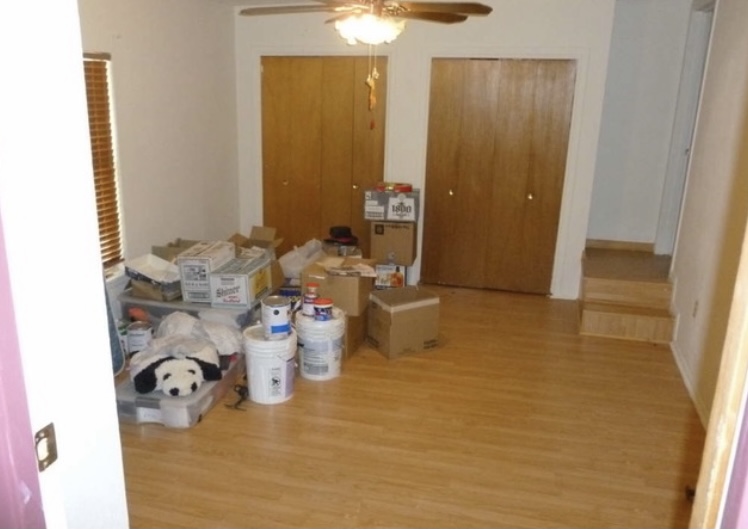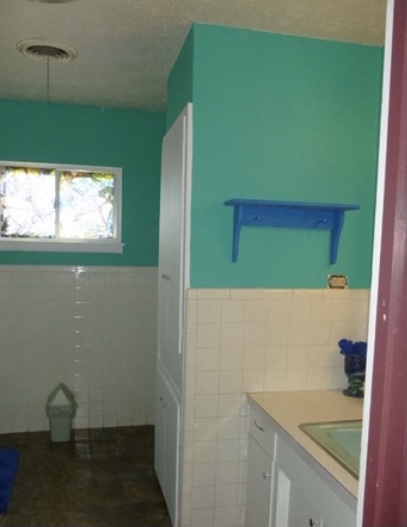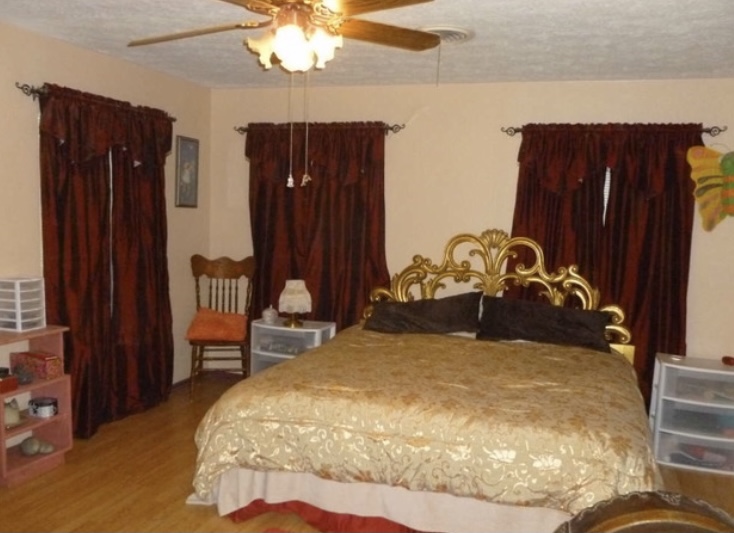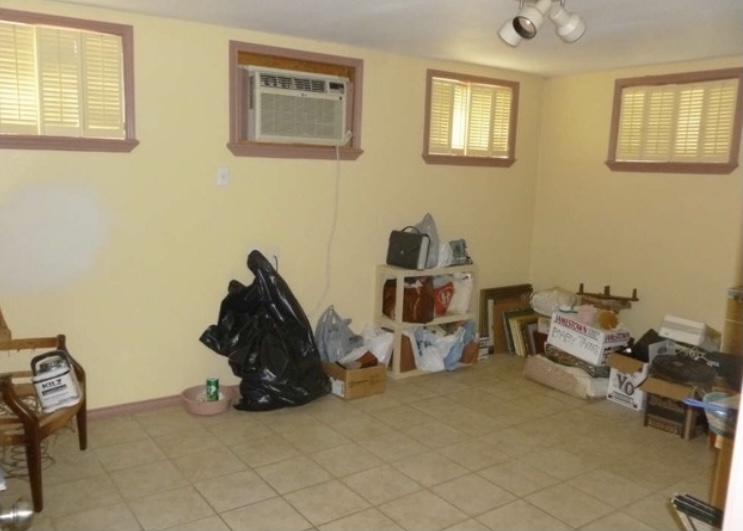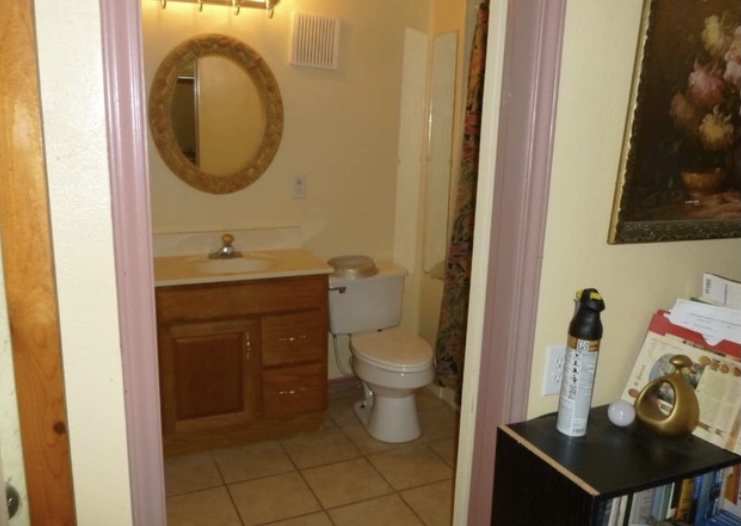As of March 31, 2025, the mortgage rate outlook for San Antonio, Texas, in 2025 is shaped by a mix of national trends, local economic factors, and recent market developments. While I can’t predict exact rates with certainty, I can provide an informed outlook based on current data and expert forecasts available up to this point.
Nationally, mortgage rates have been influenced by the Federal Reserve’s monetary policy and economic conditions. After peaking at 7.79% in October 2023, the average 30-year fixed mortgage rate has gradually declined, hovering around 6.5% to 6.8% in early 2025, according to sources like Freddie Mac and Bankrate. The Fed’s rate cut in September 2024—the first significant one since the pandemic—has set the stage for a potential downward trend, though rates remain elevated compared to the ultra-low levels of 2020-2021. Experts from Fannie Mae, the Mortgage Bankers Association (MBA), and Wells Fargo have forecasted a slow decline through 2025, with 30-year fixed rates possibly dropping to 6.0%–6.2% by year-end, assuming inflation cools and the Fed implements additional cuts.
For San Antonio specifically, mortgage rates tend to align closely with Texas and national averages, as the city isn’t a high-cost outlier like Austin or coastal markets. As of early 2025, Bankrate reports Texas 30-year fixed rates at around 7.00%, with 15-year fixed at 6.38%. Local lenders, such as Texas United Mortgage, cited rates as low as 5.75%–5.875% for 30-year fixed loans in March 2025, though these assume optimal conditions (e.g., high credit scores, 20% down payment, and rate locks). San Antonio’s affordability—median home prices around $250,000–$300,000—means borrowers may see slightly better terms than in pricier metros, but rates are still tied to broader market forces.
Looking ahead to the rest of 2025, several factors will influence San Antonio’s mortgage rate trajectory:
Federal Reserve Policy: If the Fed cuts rates again (experts predict 1-2 more quarter-point reductions), mortgage rates could dip below 6.5% by mid-2025 and approach 6% by Q4, per MBA and Fannie Mae projections. However, persistent inflation or economic surprises could keep rates in the high-6% range.
Local Housing Market: San Antonio’s market has cooled, with a 3.9% price drop year-over-year (Redfin, February 2025) and inventory at a 4.3-month supply. Increased supply and slower sales (74 days on market) may pressure lenders to offer competitive rates to stimulate buying, potentially shaving a few basis points off national averages.
Economic Growth: San Antonio’s diverse economy—military bases, tourism, and energy—supports steady job growth, which could sustain housing demand. However, if national recession fears materialize, demand might soften, nudging rates lower as lenders compete for fewer borrowers.
Expert consensus leans toward a gradual decline. Realtor.com’s roundup suggests rates could hit 5.9%–6.2% by Q4 2025, with Freddie Mac anticipating a boost in refinance activity as rates ease. For San Antonio, this might translate to 30-year fixed rates starting 2025 around 6.5%–6.8% and trending down to 6.0%–6.3% by year-end, assuming no major economic shocks. Adjustable-rate mortgages (ARMs), currently near 7.2% nationally, might see similar declines but remain less popular in a cooling market.
In summary, San Antonio’s 2025 mortgage rate outlook points to a modest decrease from early 2025 levels, likely settling in the low-6% range by December, driven by Fed actions and local market dynamics. For the most accurate picture, lock in rates with a local lender as conditions evolve—rates can shift daily based on new economic data.
Let us know if you are looking for undermarket value properties in San Antonio. Listings coming soon!
